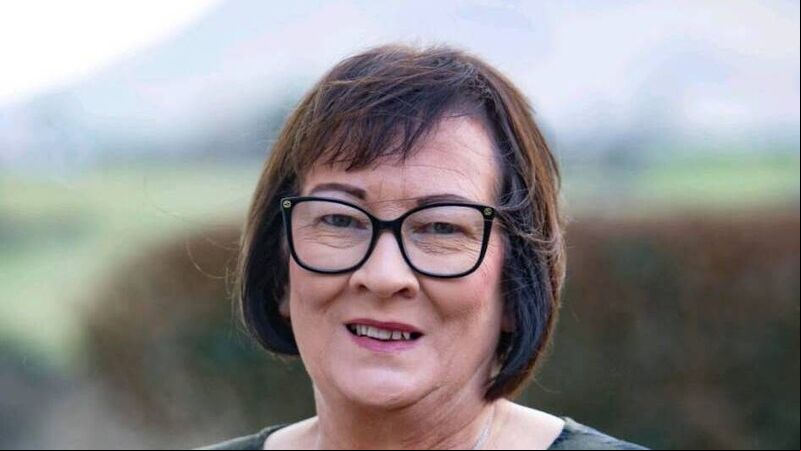Incoming INTO president: Teacher supply issue ‘needs long-term solutions’

The next president of the Irish National Teachers’ Organisation (INTO), Cork teacher Anne Horan, has said the country’s primary and special education school system is in jeopardy due to unqualified people replacing teachers in classrooms and the shortage of teachers to fill full-time and long-term substitute vacancies.
The next president of the Irish National Teachers’ Organisation (INTO), Cork teacher Anne Horan, has said the country’s primary and special education school system is in jeopardy due to unqualified people replacing teachers in classrooms and the shortage of teachers to fill full-time and long-term substitute vacancies.







 App?
App?


